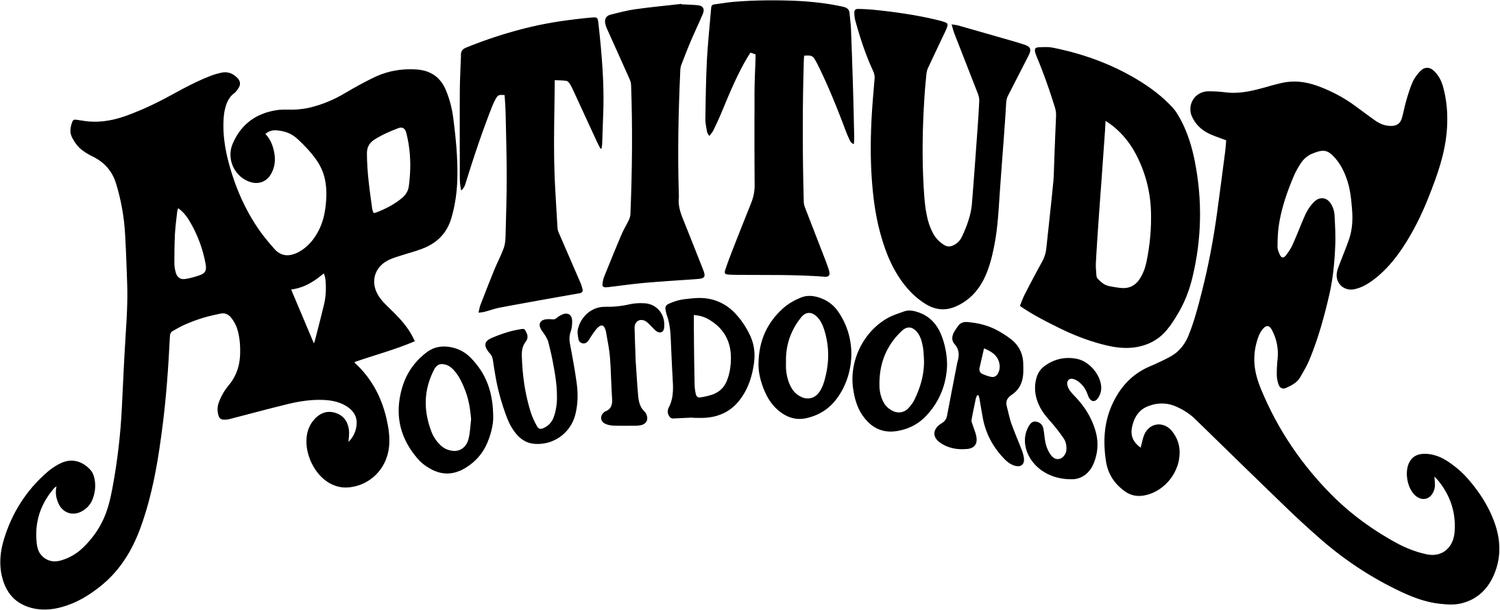The Battle for Wildlife Management: Science vs. Social Perception in Michigan's Coyote Season Closure
In the heart of Michigan's wildlife management discourse, a contentious decision by the Natural Resources Commission (NRC) to amend coyote hunting regulations has sparked significant controversy. The decision, which reduces the coyote hunting season by three months, stands accused of bowing to social pressures without a basis in scientific research. This change has stirred concern among conservationists and hunters alike, fearing it may set a dangerous precedent for wildlife management across North America.
Justin Tomei, Policy & Government Affairs Manager at the Michigan United Conservation Clubs (MUCC), is at the forefront of challenging this decision. With a career dedicated to conservation, Tomei's motivation is deeply personal. He envisions a future where his daughter can enjoy the same rich hunting and outdoor experiences he did. The recent regulatory change, however, threatens this vision, potentially narrowing the scope of future generations' outdoor activities.
According to Tomei, the NRC's decision represents a significant shift from the longstanding practice of basing wildlife management on scientific evidence. The North American model of wildlife conservation, which has guided U.S. and Canadian wildlife policy for over a century, is predicated on seven pillars, with science as a cornerstone. This model asserts that policy should be informed by the best available scientific data, not by fluctuating social sentiments or unsubstantiated public opinion.
The crux of the issue in Michigan revolves around the perceived impact of hunting on coyote populations. Contrary to popular belief, Tomei notes that extensive studies suggest it's impractical to significantly alter coyote numbers through hunting. Instead, targeted hunting can help manage local population densities, which in turn benefits other wildlife such as deer and turkeys.
This scientific approach was sidelined, however, when the commission decided to shorten the hunting season. This decision, as Tomei argues, was influenced by a minority viewpoint within the community, rather than a majority consensus or scientific endorsement. Such a scenario not only undermines the principles of the North American conservation model but also jeopardizes the integrity of wildlife management practices.
The broader implications of this decision are not lost on Tomei. He draws parallels with other states like Colorado, where incremental policy changes have gradually eroded hunting seasons and opportunities. The fear is that Michigan's coyote hunting adjustment might be the first of many compromises, leading to a gradual but steady erosion of hunting rights and wildlife management grounded in science.
Addressing this issue, Tomei emphasizes the importance of community engagement. He advocates for hunters, conservationists, and the general public to attend NRC meetings, engage with commissioners, and participate in organizations that align with their conservation values. Through collective action, he believes, it is possible to reinforce the importance of scientific management in policy decisions.
Furthermore, Tomei highlights the educational efforts of the Michigan Wildlife Council, which works to inform the non-hunting public about the integral role of hunting in conservation. These initiatives are crucial for fostering a well-informed electorate that can defend scientifically grounded wildlife management at the ballot box.
As the debate continues, the situation in Michigan serves as a pivotal case study on the potential consequences when wildlife management strays from its scientific roots. For Tomei and the MUCC, the fight is about much more than a three-month change in coyote hunting regulations; it's about safeguarding a legacy of conservation that balances ecological health with cultural heritage. Their mission is clear: to ensure that wildlife management remains a realm governed by science, not swayed by the shifting sands of social perception.
